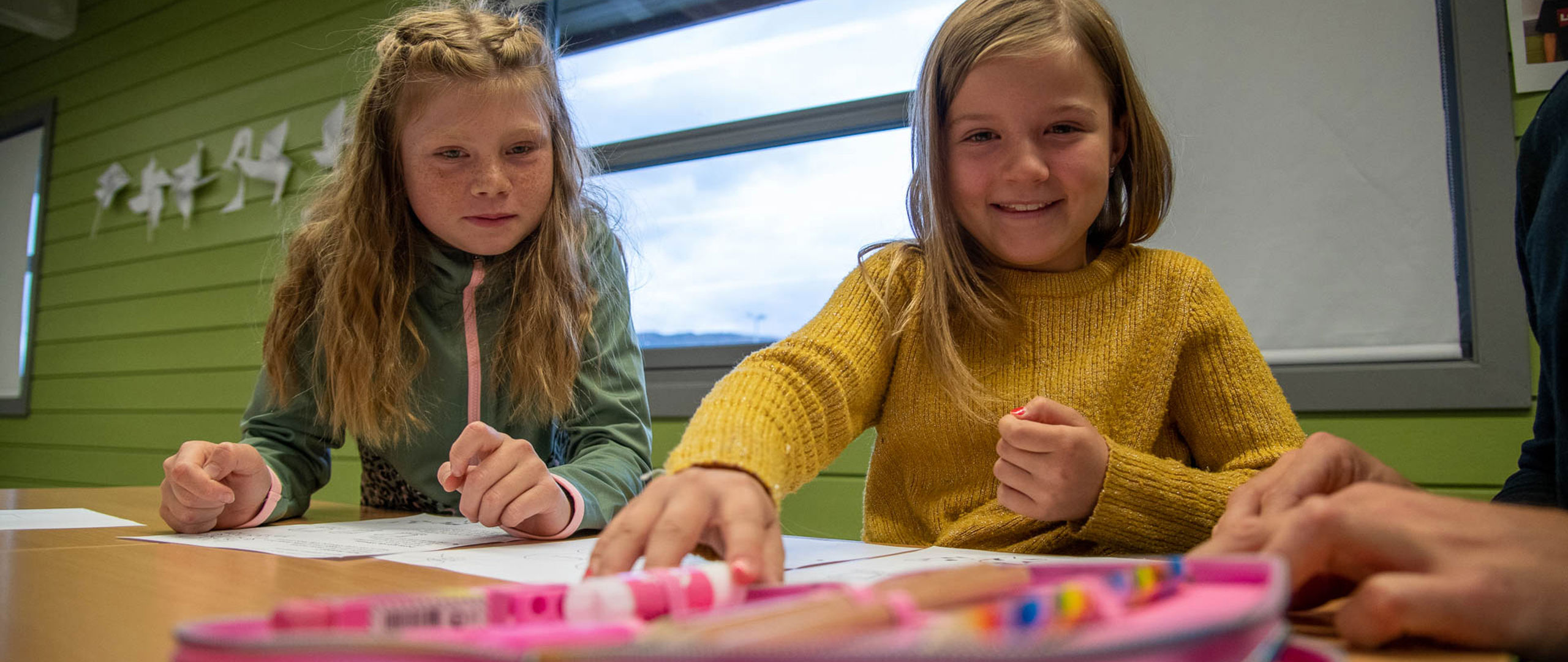
Lived democracy
A focus on lived and learned democracy involves studying how democracy aspects are understood, applied and developed by students and teachers.
Our projects include intercultural education and education for an unpredictable future, both in a democratic Bildung perspective and a capability perspective. Understanding aspects that might be constraints to lived democracy is also important. National school tests are top-down governed, creating a paradoxical situation where teachers’ democratic legitimized autonomy is put at risk. Moreover, a focus on tested learning outcomes favours fact learning more than capacity processes. Teaching in rural communities may present additional challenges to teacher aspects of lived democracy due to limited resources and professional environments.
How to understand lived democracy in education together with conditions for lived democracy requires a range of multidisciplinary approaches: theoretical, political, philosophical and empirical. The epistemology of the projects is rooted in critical pedagogy and embraces critical civic education, critical mathematical education and critical reflection in general. The research area is studied with a variety of methodologies and designs.
The research group has just started developing a new research project on teaching and learning in relation to Fake News. We plan to cooperate with school teachers in Bergen.
We also wish new research members welcome – local, national and international – and from a variety of disciplines.
Ongoing research projects
- AI-teach
- Capabilities and capability expansion among students in vocational education and training programs in upper secondary school
- Climate change and Critical Mathematic Education
- Climate Change, Critical Mathematic Education and Critical Citizenship
- Demokratisk danning i skolen - Empiriske studier
- Et tverrfaglig prosjekt om myr i natur- og matematikkundervisningen
- Fake news i utdanningen
- Konspirasjonssnakk og forebygging i grunnskolen/lærerutdanning
- Kritisk medborgerskap – i lys av komplekse samfunnsaktuelle problemstillinger, risikovurdering , usikkerhet, økonomisk myndiggjøring, og sosial rettferdighet.
- Lived Democracy in School
- Lived Democracy – qualities and challenges.
- Mathematical Toolkit design North- South
- National testing data in Norwegian Class rooms: used to improve student performance or a deadlock for teachers work?
- Pre-service teachers expressions of mathematical critic during educational modelling activities focusing on real world model use
- Programmering i skolen og demokratisk danning
- REPEAT – REthinking sustainable land use of PEATland
- Rural Teaching. Understanding Teacher Knowledge and Practice in Rural Areas (in Norway, Germany, Poland and Lithuania)
- Samfunnsaktuelle tema i matematikkutdanningen
- Teaching indices as mathematical models and as entry points to critical discussions
- Teaching and learning about indices and their application in society
Head of research group
Members
- Mari Sellevåg Aarø
- Åshild Berg-Brekkhus
- Kjersti Maria Rongen Breivega
- Sasha Daniel Brown
- Reidun Helen Faye
- Ragnhild Hansen
- Kjellrun Hiis Hauge
- Inge Olav Hauge
- Espen Helgesen
- Rune Herheim
- Grethe Nina Hestholm
- Marit Johnsen-Høines
- Terje Lerø
- Inger Elin Lilland
- Beate Lode
- Diana Paola Piedra Moreno
- Nafeesa Tarajee Nichols
- Dag Norheim
- Nils Henry Williams Rasmussen
- Lisa Steffensen
- Pauline Vos
- Shengtian Zhou
External members
Mater students
- Monica Haugsbakk
Further reading:

